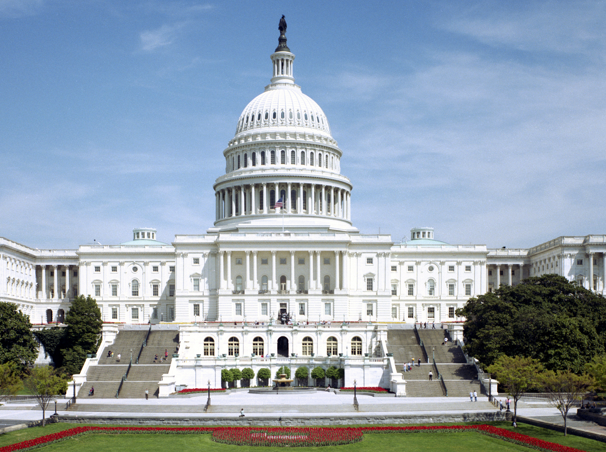
Cross-Posted at Heritage Action for America
Earmarks may be banned, but there are still ways lawmakers can secure funds for pet projects back home they can tout as a legislative accomplishments and reason for reelection. As we have seen, simply reinstating earmarks is out of the question because the practice has become toxic – especially in an election year. But for a handful of lawmakers, there is a creative workaround that allows funds to flow to those prized pet projects: a commemorative coin bill.
Every few weeks in the 112th Congress, lawmakers have introduced a new commemorative coin bill representing a national icon usually relevant to their district. It works like this: once approved by Congress and signed into law, the commemorative coins are minted by the Treasury, which is refunded the cost of the coins as they are bought by collectors. Here is the catch: on top of what the coin is worth (50 cents, $1, or $5) there is a surcharge, and all proceeds from the surcharge goes toward the icon featured on the coin.
A great example of this workaround is the National Baseball Hall of Fame Commemorative Coin Act (H.R.2527 / S.2036). It was introduced by Congressman Richard Hanna (R-NY) last July and Senator Kirsten Gillibrand (D-NY) this January, and between the two bills, nearly 300 lawmakers have signed on in support.
Assuming the coins are purchased, taxpayers would not be on the hook for anything and all proceeds from the surcharge on these coins would go to the National Baseball Hall of Fame in Cooperstown, NY, which (surprise, surprise) is in Rep. Hanna congressional district. It seems like a win-win for everyone involved. Collectors are happy and both Rep. Hanna and Senator Gillibrand get to say they secured funding for a prominent landmark valued by their voters, while at the same time abiding by the earmark ban.
To be clear, none of this runs afoul of House or Senate earmark rules, and it’s all perfectly legal, but it is nonetheless a revealing look at the many levers of power in Washington. Since the Treasury is reimbursed for its cost there is no cost to taxpayers – except for the coin collectors who are voluntarily paying as much as $35 more than the cost of the coin – and lawmakers can secure a potentially valuable source of funding for a landmark in their districts.
There have been 14 such commemorative coin bills introduced in the House of Representatives in the 112th Congress. Of them, one – the United States Marshals Service 225th Anniversary Commemorative Coin – has been signed into law. Two more – the Mark Twain and National Baseball Hall of Fame Commemorative Coins – have passed the House and are waiting Senate action. The Senate, for their part, has introduced companion bills for 6 of the bills introduced in the House:
- The Mother’s Day Centennial Commemorative Coin;
- The National Future Farmers of America Commemorative Coin;
- The Lions Clubs International Century of Service Commemorative Coin;
- The March of Dimes Commemorative Coin
- The Mark Twain Commemorative Coin, and;
- The National Baseball Hall of Fame Commemorative Coin
Commemorative coins are nothing new. The first coin was issued in 1892 and commemorated the 400th anniversary of Columbus’ voyage to America. Likewise, using funds from these coins is nothing novel either. As early as 1924, revenue from the coins has been used to reward Congressmen in their districts. Interestingly, no commemorative coins were minted between 1954 and 1982 due to apparent abuse of the program. But in 1982, the government began setting the procedures for the sale and distribution of commemorative coins again, but only allowed a small number of coins to be minted each year. Between 1982 and 2009 (the last year data is available), Congress has authorized 93 coins for minting.
Again, we’re not suggesting anything nefarious here, but these legislative exercises illustrate yet another element of a government that has grown too large. While not exactly like last year’s Christmas Tree Tax, it still shows how an organization with Washington savvy can use the government in their favor.
In the above example, the National Baseball Hall of Fame (which already makes their own merchandise and memorabilia) is using the federal government in order to raise funds for itself, and the government willfully obliges. The idea that our lawmakers are introducing bills in order to gain funding for pet projects in their districts seems…well…familiar and a bit unsettling.



Great post. Time for people to harness the power of the Internet using crowdsourcing & P2P funding.
How to Fund Pet Projects without Earmarks | Save Jersey
sac longchamp
jzjm